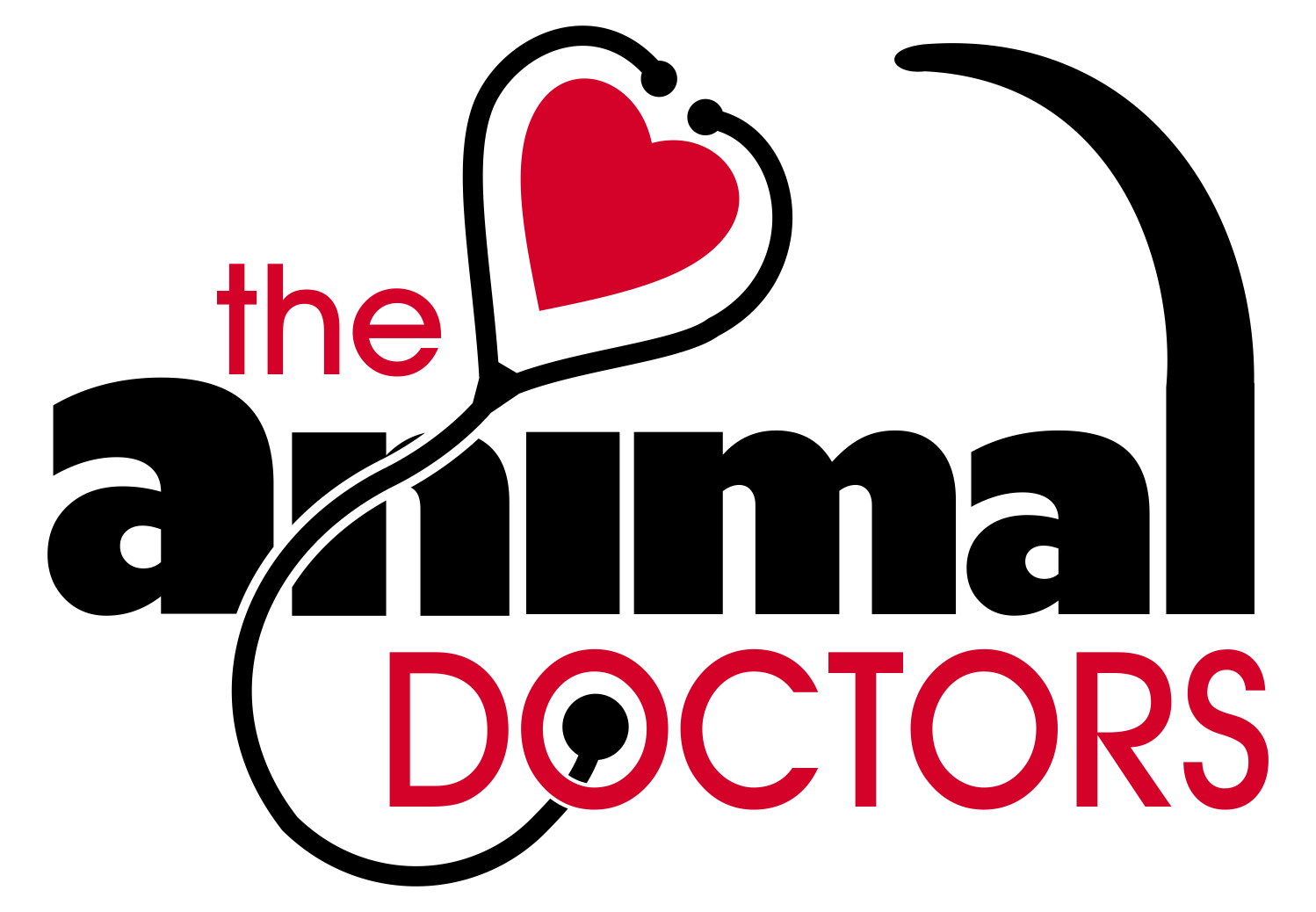Medicine Appointments & Senior Care Appointments
While annual examinations and preventive care are integral to helping your pet lead a happy and healthy life, we understand that illnesses and accidents happen. We strive to accommodate your pet’s needs in as timely a manner as possible. Our goal is to make your pet feel better as quickly as possible and, when he/she is faced with a chronic illness, improve his/her quality of life as much as possible for as long as possible.
What common types of illnesses do we see and treat at our practice?
Allergic skin disease
Primary skin infections (bacterial, fungal, parasitic)
Ear infections and aural hematomas
Ocular disease (infections, dry eye, ulcers, glaucoma)
Seizure disorders
Heart disease
Obesity
Kidney disease
Bladder disease (infections, feline lower urinary tract disease, obstruction)
Infectious diseases (heartworm, lyme, ehrlichia, anaplasma, parvovirus, FELV, FIV, FIP, etc.)
Endocrine disorders (diabetes, hyperthyroidism, hypothyroidism, Cushing’s, Addison’s, hyperparathyroidism, etc.)
Osteoarthritis
Gastrointestinal disease (infectious, inflammatory, obstructive, cancerous, etc.)
Autoimmune disorders (IMHA, IMTP, IMPA, etc.)
Toxin ingestion
Cancer
If your pet is experiencing any of the above symptoms, please don’t delay in requesting a consultation with one of our veterinarians. They could potentially indicate significant disease.
Senior Care Appointments
There’s nothing quite like a grey muzzle nuzzling you or head-butting you during an appointment. While we spend a great deal of time working with clients to set their puppies and kittens up with success in hopes that they lead long and happy lives, we must not forget that they will eventually become senior and geriatric dogs and cats and will need additional care and support to maintain a good quality of life.
We believe in twice-yearly wellness appointments for our senior and geriatric patients, as they age more quickly than humans do and may develop ailments and significant diseases before the span of one year.
What pet is considered to be a “senior”? This is dependent upon species and breed. In general, we consider cats and small dogs to be seniors by around 9-10 years old. Medium to large-breed dogs are considered senior at 7-8 years of age, and giant-breed dogs at 5-6 years of age.
What can you expect at your pet’s senior care appointment with us?
A comprehensive physical exam
Internal parasite screening
Recommendation for annual or bi-annual blood work and urinalysis to screen for kidney disease, liver disease, thyroid disorder, diabetes, etc.
Recommendation for joint supplementation
Continuation or alteration of your pet’s vaccination program based on his/her lifestyle
Recommendations for controlling and preventing external parasites such as fleas and ticks and internal parasites
Nutritional counseling
Recommendation for x-ray screening for cancer in high-risk breeds
Recommendation for cancer screening via OncoK9 Liquid Biopsy (blood test) in high-risk breeds (canine only)
Hospice & Palliative Care
Sometimes, despite our best efforts, we cannot fix or cure your pet’s illness or disease. In these instances, if both your pet’s quality of life and your own quality of life as a caregiver can be maintained, we encourage proceeding with palliative care for your pet.
Hospice and palliative care in veterinary medicine entails providing pets with chronic and terminal illnesses appropriate nutritional support and pain management to continue on with a good quality of life.
We will work closely with you to help you provide the best quality of life for your pet for as long as possible and will provide guidelines on how and when to reassess your pet’s quality of life.






